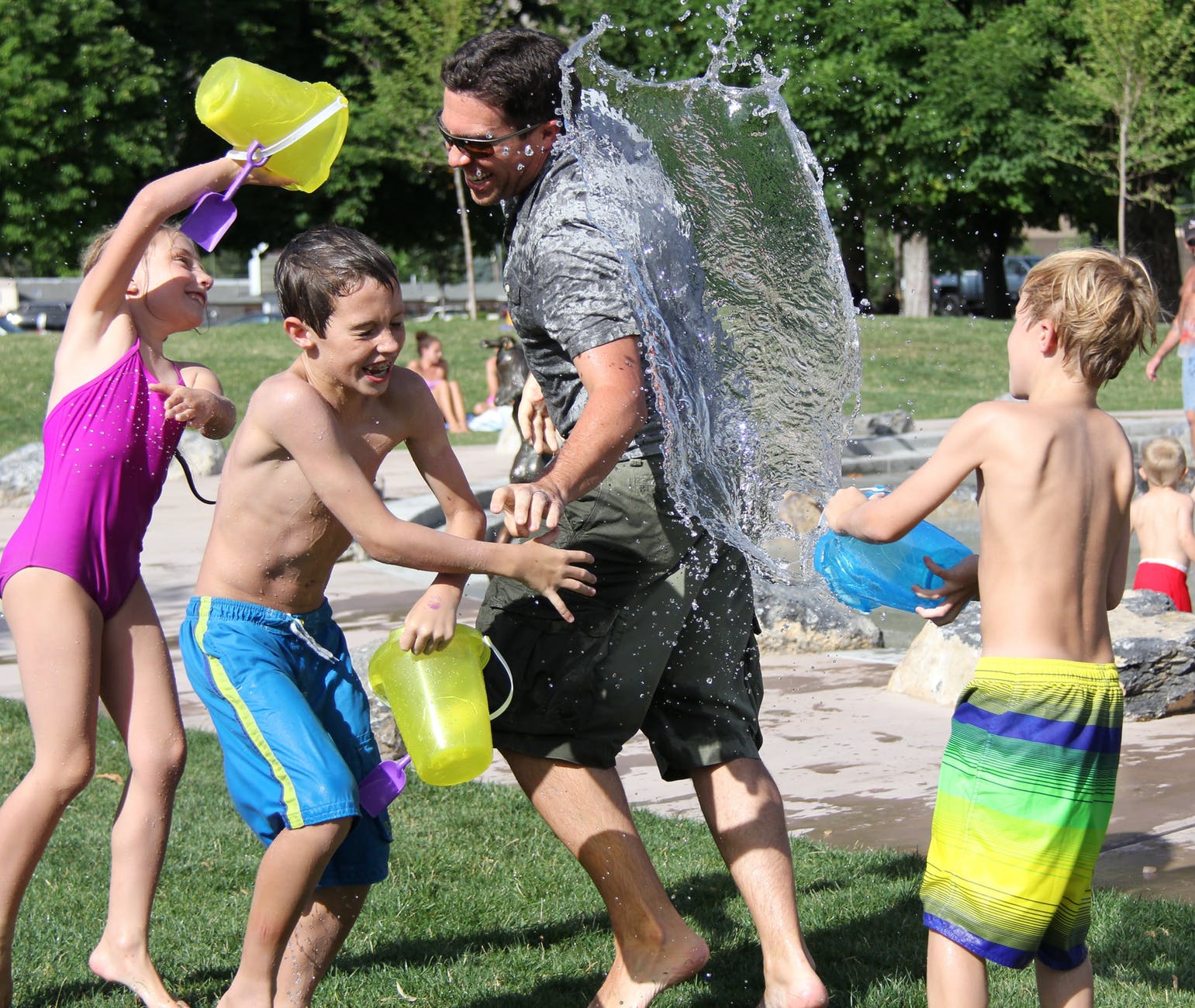
How to build self worth in children and help them feel they can handle what comes their way
Photo by Pixabay on Pexels.com
Right from birth, kids learn new skills at a dizzying rate. And along with those new abilities, they also acquire the confidence to use them.
As children get older, that confidence can be as important as the skills themselves. To thrive, kids need to trust in their own capabilities while, at the same time, knowing that they can handle it if they aren’t successful at something. It’s by experiencing mastery and rebounding from failure that they develop healthy self-confidence.
#James Donaldson notes:Welcome to the “next chapter” of my life… being a voice and an advocate for #mentalhealthawarenessandsuicideprevention, especially pertaining to our younger generation of students and student-athletes.Getting men to speak up and reach out for help and assistance is one of my passions. Us men need to not suffer in silence or drown our sorrows in alcohol, hang out at bars and strip joints, or get involved with drug use.Having gone through a recent bout of #depression and #suicidalthoughts myself, I realize now, that I can make a huge difference in the lives of so many by sharing my story, and by sharing various resources I come across as I work in this space. #http://bit.ly/JamesMentalHealthArticleFind out more about the work I do on my 501c3 non-profit foundationwebsite www.yourgiftoflife.org Order your copy of James Donaldson's latest book,#CelebratingYourGiftofLife: From The Verge of Suicide to a Life of Purpose and Joy
www.celebratingyourgiftoflife.com
Link for 40 Habits Signupbit.ly/40HabitsofMentalHealth
If you'd like to follow and receive my daily blog in to your inbox, just click on it with Follow It. Here's the link https://follow.it/james-donaldson-s-standing-above-the-crowd-s-blog-a-view-from-above-on-things-that-make-the-world-go-round?action=followPub
Here are 12 ways you can set kids up to feel capable and get the most mileage out of their skills and talents.
1. Model confidence yourself
Even if you’re not quite feeling it! Seeing you tackle new tasks with optimism and lots of preparation sets a good example for kids. That doesn’t mean you have to pretend to be perfect. Do acknowledge your anxiety, but don’t focus on it—focus on the positive things you are doing to get ready.
2. Don’t get upset about mistakes
Help kids see that everyone makes mistakes and the important thing is to learn from them, not dwell on them. Confident people don’t let fear of failure get in their way—not because they’re sure they won’t ever fail, but because they know how to take setbacks in stride.
3. Encourage them to try new things
Instead of focusing all their energy on what they already excel at, it’s good for kids to diversify. Attaining new skills makes kids feel capable and confident that they can tackle whatever comes their way.
4. Allow kids to fail
It’s natural to want to protect your child from failure, but trial and error is how kids learn, and falling short on a goal helps kids find out that it’s not fatal. It can also spur kids to greater effort, which will serve them well as adults.
5. Praise perseverance
Learning not to give up at the first frustration or bail after one setback is an important life skill. Confidence and self-esteem are not about succeeding at everything all the time, they’re about being resilient enough to keep trying, and not being distressed if you’re not the best.
6. Help kids find their passion
Exploring their own interests can help kids develop a sense of identity, which is essential to building confidence. Of course, seeing their talents grow will also give a huge boost to their self-esteem.
7. Set goals
Articulating goals, large and small, and achieving them makes kids feel strong. Help your child turn desires and dreams into actionable goals by encouraging them to make a list of things they’d like to accomplish. Then, practice breaking down longer-term goals into realistic benchmarks. You’ll be validating their interests and helping them learn the skills they’ll need to attain their goals throughout life.
8. Celebrate effort
Praising kids for their accomplishments is great, but it’s also important to let them know you’re proud of their efforts regardless of the outcome. It takes hard work to develop new skills, and results aren’t always immediate. Let kids know you value the work they’re doing, whether they’re toddlers building with blocks or teenagers teaching themselves to play the guitar.
9. Expect them to pitch in
They might complain, but kids feel more connected and valued when they’re counted on to do age-appropriate jobs, from picking up toys to doing dishes to picking up younger siblings from a play date. Homework and after-school activities are great, but being needed by your family is invaluable.
10. Embrace imperfection
As grown-ups we know perfection is unrealistic, and it’s important for kids to get that message as early as possible. Help kids see that whether it’s on TV, in a magazine, or on a friend’s social media feed, the idea that others are always happy, successful, and perfectly dressed is a fantasy, and a destructive one. Instead, remind them that being less than perfect is human and totally okay.
11. Set them up for success
Challenges are good for kids, but they should also have opportunities where they can be sure to find success. Help your children get involved with activities that make them feel comfortable and confident enough to tackle a bigger challenge.
12. Show your love
Let your children know you love them no matter what. Win or lose the big game, good grades or bad. Even when you’re mad at them. Making sure a child knows that you think they’re great — and not just when they do great things — will bolster their self worth even when they’re not feeling good about themselves.
Photo by Pixabay on Pexels.com
https://standingabovethecrowd.com/james-donaldson-on-mental-health-12-tips-for-raising-confident-kids/


No comments:
Post a Comment